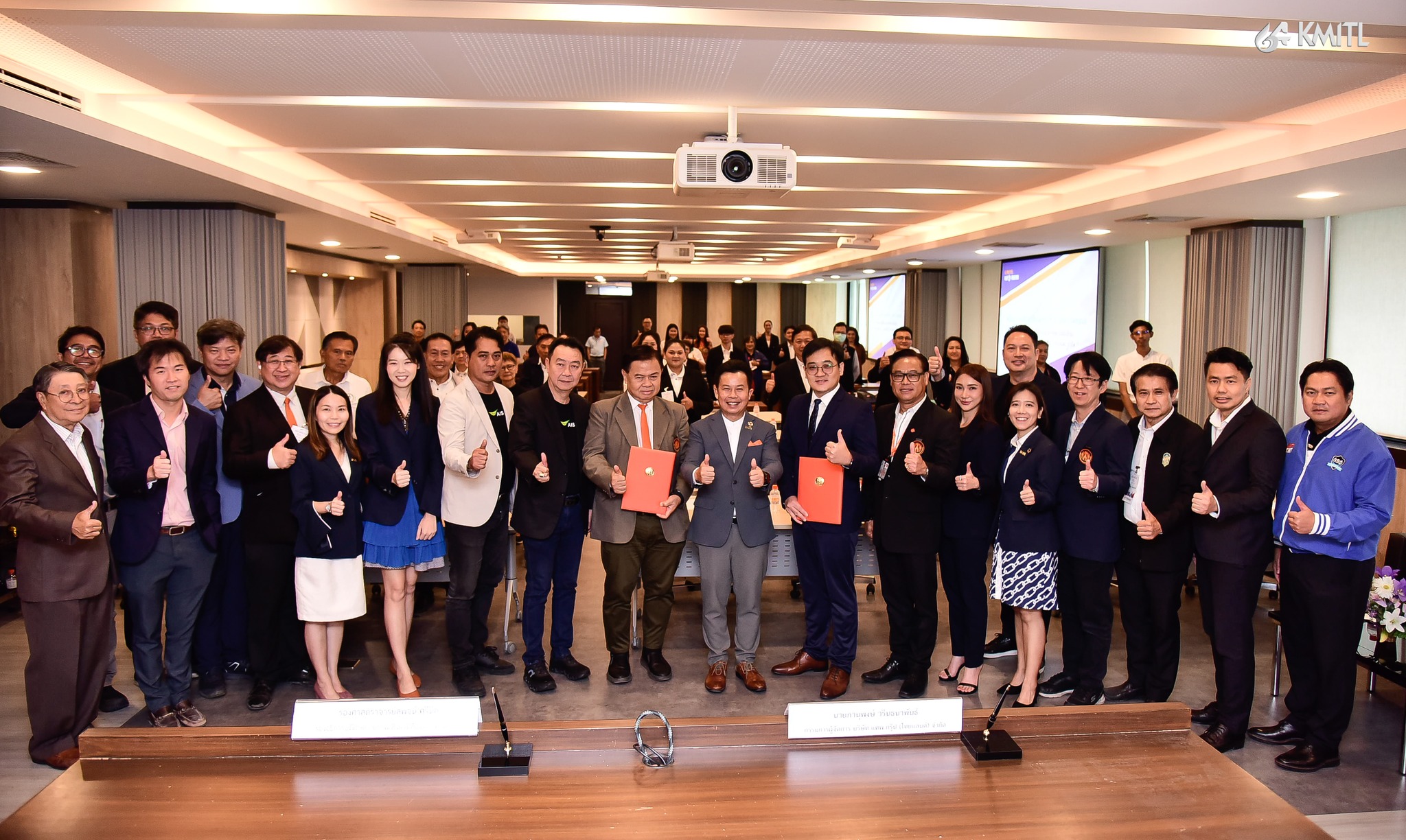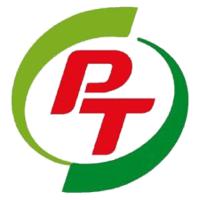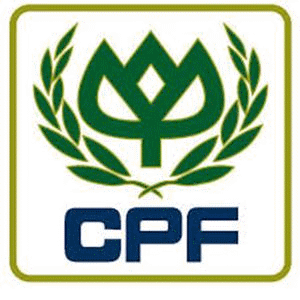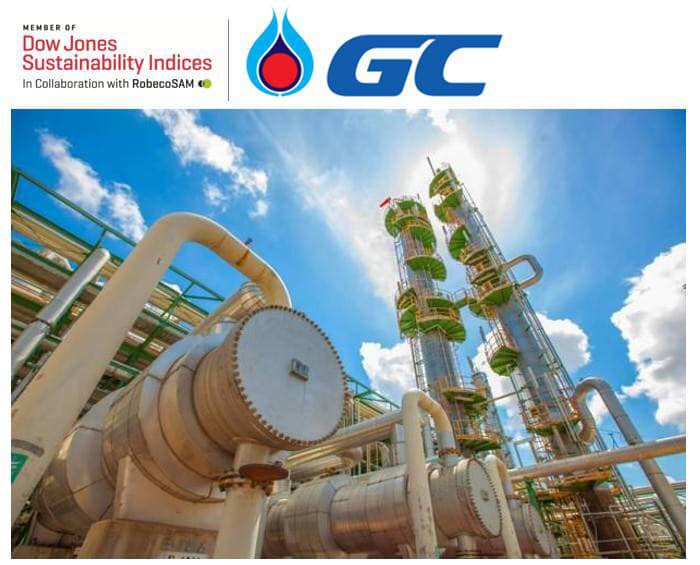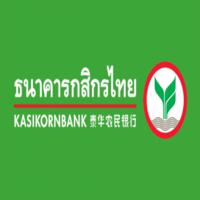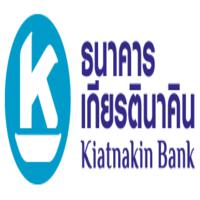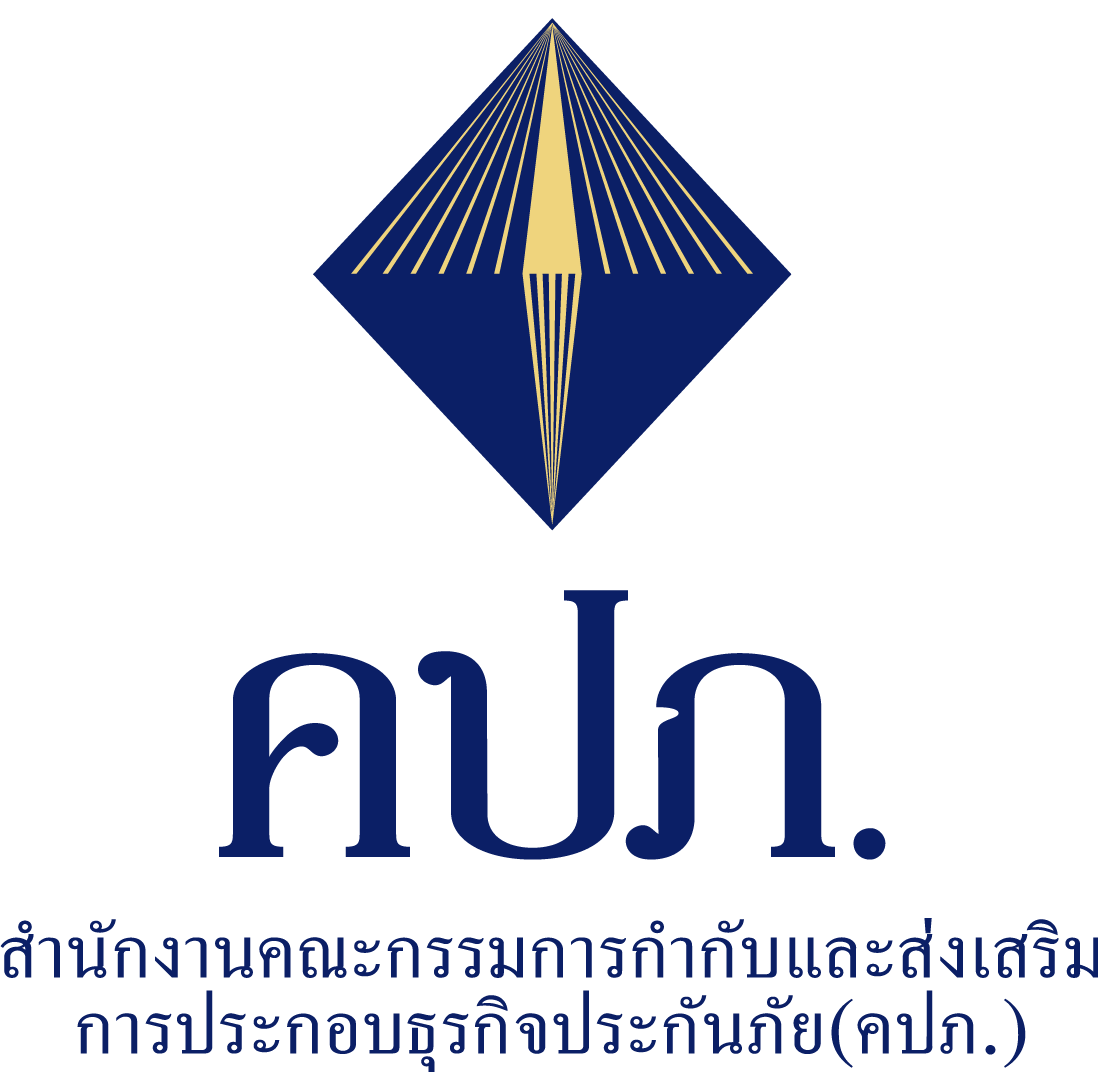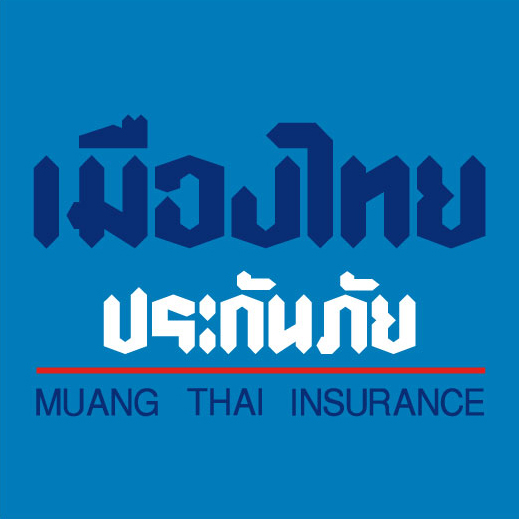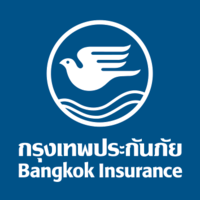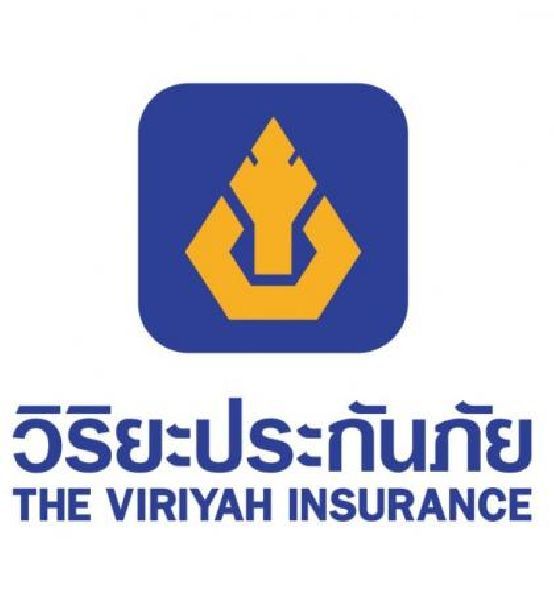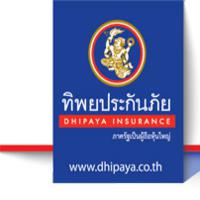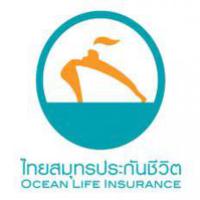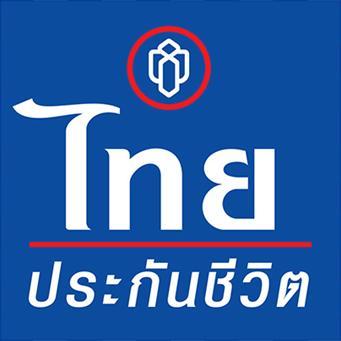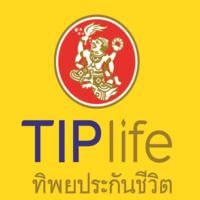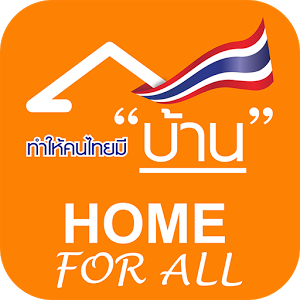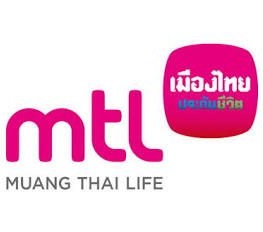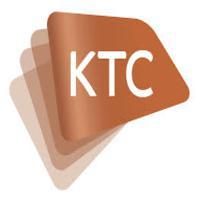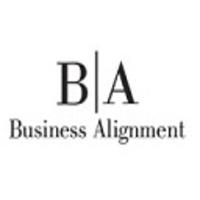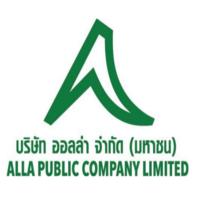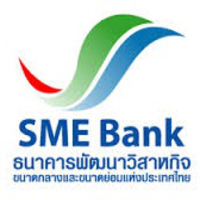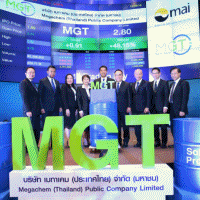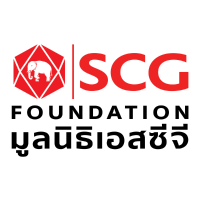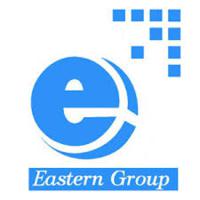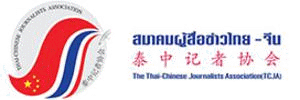- Details
- Category: แบงก์พาณิชย์
- Published: Thursday, 28 August 2014 18:22
- Hits: 2964
ฟิทช์ให้อันดับเครดิตหุ้นกู้ด้อยสิทธิที่นับเป็นเงินกองทุนชั้นที่ 2 ตามเกณฑ์บาเซล 3 ของธนาคารกสิกรไทยที่ ‘AA- (tha)’
ฟิทช์ เรทติ้งส์-กรุงเทพฯ/สิงค์โปร์-28 สิงหาคม 2557:ฟิทช์ เรทติ้งส์ ประกาศให้อันดับเครดิตภายในประเทศแก่หุ้นกู้ด้อยสิทธิที่นับเป็นเงินกองทุนชั้นที่ 2 ตามเกณฑ์บาเซล 3 (Basel III compliant Tier 2 subordinated notes) สกุลเงินบาทของธนาคารกสิกรไทย (จำกัด) มหาชน หรือ KBank (อันดับเครดิตภายในประเทศระยะยาว ‘AA(tha)’/แนวโน้มอันดับเครดิตมีเสถียรภาพ) ที่ ‘AA-(tha)’ โดยหุ้นกู้ดังกล่าวจะเป็นหุ้นกู้ด้อยสิทธิที่นับเป็นเงินกองทุนชั้นที่ 2 ตามเกณฑ์บาเซล 3 ชุดแรก ที่ออกโดย KBank โดยวัตถุประสงค์ในการเสนอขายหุ้นกู้เพื่อเพิ่มความแข็งแกร่งของเงินกองทุนชั้นที่ 2 และเงินที่ได้จากการออกหุ้นกู้จะถูกนำไปใช้ในการดำเนินกิจการทั่วไปของธนาคาร
ปัจจัยสนับสนุนอันดับเครดิต
อันดับเครดิตของหุ้นกู้ด้อยสิทธิไม่มีหลักประกันที่นับเป็นเงินกองทุนชั้นที่ 2 ตามเกณฑ์บาเซล 3 นี้ได้รับการจัดอันดับให้อยู่ต่ำกว่าอันดับเครดิตที่ใช้อ้างอิง (anchor rating) หนึ่งอันดับเพื่อสะท้อนถึงความเสี่ยงของการขาดทุนจากการชำระคืนเงินกู้ (loss severity risk) ที่มากกว่าเมื่อเทียบกับตราสารหนี้ที่ไม่ด้อยสิทธิเนื่องจากหุ้นกู้ดังกล่าวมีสถานะด้อยสิทธิ ข้อกำหนดสิทธิที่สำคัญของหุ้นกู้ด้อยสิทธิดังกล่าวคือเรื่องปัจจัยที่แสดงว่าธนาคารมีผลการดำเนินงานที่ไม่สามารถดำเนินกิจการต่อไปได้ (non-viability trigger) ทั้งนี้มีการกำหนดไว้ว่าธนาคารจะมีสถานะเป็นธนาคารที่ไม่สามารถดำเนินกิจการได้เมื่อธนาคารกลางหรือทางการตัดสินใจเข้าให้การช่วยเหลือทางการเงินแก่ธนาคารเพื่อให้ธนาคารสามารถดำเนินกิจการต่อไปได้ และผู้ถือหุ้นกู้จะต้องรองรับผลขาดทุนในลักษณะการตัดเป็นหนี้สูญบางส่วนได้ (partial write-down) หรือทั้งจำนวน (full write-down) แต่ไม่ได้บังคับตัดหนี้สูญทั้งจำนวน (mandatory full write-down)
นอกจากนี้หุ้นกู้ด้อยสิทธิที่นับเป็นเงินกองทุนชั้นที่ 2 นี้จะมีสิทธิในการเรียกร้องที่สูงกว่า (senior) เมื่อเทียบกับตราสารที่นับเป็นเงินกองทุนชั้นที่ 1 ที่มีคุณสมบัติสามารถรองรับผลขาดทุนได้ (loss absorption feature) ในกรณีที่มีเหตุการณ์ให้เกิดการตัดหนี้สูญ หุ้นกู้ด้อยสิทธิที่นับเป็นเงินกองทุนชั้นที่ 2 นี้จะถูกตัดเป็นหนี้สูญในสัดส่วนที่เท่ากัน (pari passu) กับหุ้นกู้ด้อยสิทธิที่นับเป็นเงินกองทุนชั้นที่ 2 ที่มีคุณสมบัติสามารถรองรับผลขาดทุนได้โดยการตัดเป็นหนี้สูญชุดอื่นๆ ที่ออกโดยธนาคาร
อันดับเครดิตภายในประเทศระยะยาวของ KBank ที่ ‘AA(tha)’ ซึ่งถูกใช้เป็นอันดับเครดิตที่ใช้อ้างอิงนั้นพิจารณาจากความแข็งแกร่งทางการเงินของธนาคารเอง โดยสถานะทางการเงินโดยรวมของธนาคารถือว่าเป็นตัวชี้วัดที่ดีที่สุดสำหรับความเสี่ยงที่ผู้ถือตราสารหนี้ของธนาคารจะไม่ได้รับผลตอบแทนตามที่คาดการณ์ (non-performance risk) ซึ่งก็คือความเสี่ยงที่ธนาคารจะมีสถานะเป็นธนาคารที่ไม่สามารถดำเนินกิจการต่อได้ (non-viable) ทั้งนี้ ฟิทช์ ไม่ได้มีการปรับลดอันดับเครดิตลงเพิ่มเติมจากอันดับเครดิตที่ใช้อ้างอิงเนื่องจากหุ้นกู้ด้อยสิทธิดังกล่าวไม่ได้มีคุณสมบัติรองรับผลขาดทุนระหว่างการดำเนินกิจการ (going-concern loss absorption feature)
ความแข็งแกร่งทางการเงินของธนาคารสะท้อนถึงเครือข่ายธุรกิจ (franchise) ในประเทศที่แข็งแกร่งของธนาคาร คุณภาพสินทรัพย์ที่ปรับตัวแข็งแกร่งขึ้น เสถียรภาพในด้านการระดมทุน (funding) รวมทั้งฐานะเงินกองทุนที่อยู่ในระดับดีและความสามารถในการทำกำไรที่แข็งแกร่ง
ปัจจัยที่อาจส่งผลต่ออันดับเครดิตในอนาคต
การเปลี่ยนแปลงของสถานะความแข็งแกร่งทางการเงินโดยรวมและอันดับเครดิตภายในประเทศระยะยาวของ KBankอาจส่งผลกระทบต่ออันดับเครดิตของหุ้นกู้นี้
สภาพแวดล้อมในการดำเนินธุรกิจและสภาพเศรษฐกิจในประเทศที่อ่อนแอลงอาจส่งผลกระทบทางลบต่ออันดับ-เครดิตสากลสกุลเงินต่างประเทศระยะยาว (Issuer Default Ratings) อันดับความแข็งแกร่งทางการเงิน (หรือ Viability Rating) และอันดับเครดิตภายในประเทศ(National Rating) ของ KBank การปรับตัวแย่ลงของคุณภาพของสินทรัพย์ที่ส่งผลให้ความสามารถในการทำกำไรหรือฐานะเงินกองทุนลดลงอย่างมีนัยสำคัญ อาจส่งผลกระทบในเชิงลบต่ออันดับเครดิตของ KBank ในขณะเดียวกันโอกาสในการปรับเพิ่มอันดับเครดิตในช่วง 1-2 ปีข้างหน้ามีค่อนข้างจำกัด
อันดับเครดิตของ KBank ที่ไม่ได้รับผลกระทบจากการประกาศอันดับเครดิตในครั้งนี้ มีดังนี้:
- อันดับเครดิตสากลสกุลเงินต่างประเทศระยะยาวที่ ‘BBB+’; แนวโน้มอันดับเครดิตมีเสถียรภาพ
- อันดับเครดิตสากลสกุลเงินต่างประเทศระยะสั้นที่ ‘F2’
- อันดับความแข็งแกร่งทางการเงินที่ ‘bbb+’
- อันดับเครดิตสนับสนุนที่ ‘2’
- อันดับเครดิตสนับสนุนขั้นต่ำที่ ‘BBB-’
- อันดับเครดิตภายในประเทศระยะยาวที่ ‘AA(tha)’; แนวโน้มอันดับเครดิตมีเสถียรภาพ
- อันดับเครดิตภายในประเทศระยะสั้นที่ ‘F1+(tha)’
-อันดับเครดิตสกุลเงินต่างประเทศระยะยาวของโครงการหุ้นกู้ไม่ด้อยสิทธิไม่มีหลักประกัน Euro Medium Term Note (EMTN) มูลค่ารวม 2.5 พันล้านเหรียญสหรัฐฯที่ ‘BBB+’
- อันดับเครดิตสากลสกุลเงินต่างประเทศระยะยาวของหุ้นกู้ ไม่ด้อยสิทธิ ไม่มีหลักประกันที่ ‘BBB+’
- อันดับเครดิตภายในประเทศระยะสั้นของหุ้นกู้ไม่ด้อยสิทธิ ไม่มีหลักประกันที่ ‘F1+(tha)’
- อันดับเครดิตภายในประเทศของหุ้นกู้ด้อยสิทธิ (หุ้นกู้ที่สามารถนับเป็นเงินกองทุนชั้นที่ 2 ตามเกณฑ์ Basel II) ที่ ‘AA-(tha)’
Fitch Rates Kasikornbank’s Basel III Tier 2 THB Notes at ‘AA-(tha)’
Fitch Ratings-Bangkok- 28 August 2014: Fitch Ratings (Thailand) has rated Kasikornbank Public Company Limited's (KBank; AA(tha)/Stable) proposed Thai baht-denominated subordinated unsecured notes at 'AA-(tha)'. This will be KBank’s first issue of a Basel III-compliant Tier 2 instrument. The bank will use the proceeds to strengthen its Tier 2 capital and for general corporate purposes.
KEY RATING DRIVERS
The Basel III Tier 2 notes are rated one notch below the anchor rating to reflect their higher loss-severity risk relative to senior unsecured instruments arising from their subordinated status. Key terms of the notes include a non-viability trigger (defined as emergency capital assistance from the central bank or any other empowered government agency), with a partial rather than mandatory full write-down feature.
The Tier 2 notes are senior to any Additional Tier 1 securities with loss-absorption features. In the event of a write-down, the Tier 2 notes would be written down on a pari passu basis with all other Tier 2 loss-absorbing instruments with write-down features of the issuer.
KBank's National Long-Term Rating of ‘AA(tha)’ is used as the anchor rating because the rating is based on the bank's stand-alone financial strength. Fitch believes that the bank's stand-alone credit profile is the best indicator for non-performance risk (i.e. becoming non-viable). No additional notching has been applied as the notes do not have any going-concern loss-absorption features.
KBank’s stand-alone financial strength reflects its solid domestic franchise, improved asset quality, steady funding, sound capitalisation, as well as its high profitability.
RATING SENSITIVITIES
Any change in KBank’s stand-alone credit profile and in its National Long-Term Rating would similarly affect the rating of these notes.
A significantly weaker-than-expected operating environment and local economy could result in a negative rating action on KBank’s Issuer Default Ratings, Viability Rating, and National Rating. Deterioration in asset quality that leads to a material erosion of profitability or capital could negatively affect KBank’s ratings. There is limited rating upside over the next one to two years.
The other ratings of KBank are unaffected and are as follows:
Long-Term Foreign Currency IDR: 'BBB+'; Outlook Stable
Short-Term Foreign Currency IDR: 'F2'
Viability Rating: 'bbb+'
Support Rating: '2'
Support Rating Floor: 'BBB-'
National Long-Term Rating: 'AA(tha)'; Outlook Stable
National Short-Term Rating: 'F1+(tha)'
Senior unsecured USD2.5bn euro medium-term note programme: 'BBB+'
Long-term foreign currency senior unsecured debt: 'BBB+'
National short-term senior unsecured debt rating: 'F1+(tha)'
National long-term subordinated debt (legacy Basel II Tier 2 securities) rating: 'AA-(tha)'
Contacts:
Primary Analyst
Patchara Sarayudh
Director
+662 108 0152
Fitch Ratings (Thailand) Limited
Park Ventures, Level 17
57 Wireless Road, Lumpini
Patumwan, Bangkok 10330
Secondary Analyst
Trin Siriwutiset
Associate Director
+662 108 0154
Committee Chairperson
Jonathan Cornish
Managing Director
+852 2263 9901
Disclosure: Kasikorn Asset Management Company Limited (of which KBank holds a 100% stake) owns 10% of the shares in Fitch Ratings (Thailand) Limited. Muang Thai Life Assurance Company Limited (of which KBank holds a 38.3% economic interest) owns 10% of the shares in Fitch Ratings (Thailand) Limited. No shareholder, other than Fitch Ratings Limited of the UK, is involved in the day-to-day operations of, or credit rating reviews undertaken by Fitch Ratings (Thailand) Limited.
Note to Editors: Fitch's National ratings provide a relative measure of creditworthiness for rated entities in countries with relatively low international sovereign ratings and where there is demand for such ratings. The best risk within a country is rated 'AAA' and other credits are rated only relative to this risk. National ratings are designed for use mainly by local investors in local markets and are signified by the addition of an identifier for the country concerned, such as 'AAA(tha)' for National ratings in Thailand. Specific letter grades are not therefore internationally comparable.
Additional information is available at www.fitchratings.com.
Applicable criteria, "Global Financial Institutions Rating Criteria", dated 31 January 2014, “Assessing and Rating Bank Subordinated and Hybrid Securities Criteria” dated 31 January 2014, and "National Scale Rating Criteria", dated 30 October 2013, are available at www.fitchratings.com.
ALL FITCH CREDIT RATINGS ARE SUBJECT TO CERTAIN LIMITATIONS AND DISCLAIMERS. PLEASE READ THESE LIMITATIONS AND DISCLAIMERS BY FOLLOWING THIS LINK: HTTP://FITCHRATINGS.COM/UNDERSTANDINGCREDITRATINGS. IN ADDITION, RATING DEFINITIONS AND THE TERMS OF USE OF SUCH RATINGS ARE AVAILABLE ON THE AGENCY'S PUBLIC WEBSITE 'WWW.FITCHRATINGS.COM'. PUBLISHED RATINGS, CRITERIA AND METHODOLOGIES ARE AVAILABLE FROM THIS SITE AT ALL TIMES. FITCH'S CODE OF CONDUCT, CONFIDENTIALITY, CONFLICTS OF INTEREST, AFFILIATE FIREWALL, COMPLIANCE AND OTHER RELEVANT POLICIES AND PROCEDURES ARE ALSO AVAILABLE FROM THE 'CODE OF CONDUCT' SECTION OF THIS SITE. FITCH MAY HAVE PROVIDED ANOTHER PERMISSIBLE SERVICE TO THE RATED ENTITY OR ITS RELATED THIRD PARTIES. DETAILS OF THIS SERVICE FOR RATINGS FOR WHICH THE LEAD ANALYST IS BASED IN AN EU-REGISTERED ENTITY CAN BE FOUND ON THE ENTITY SUMMARY PAGE FOR THIS ISSUER ON THE FITCH WEBSITE.











